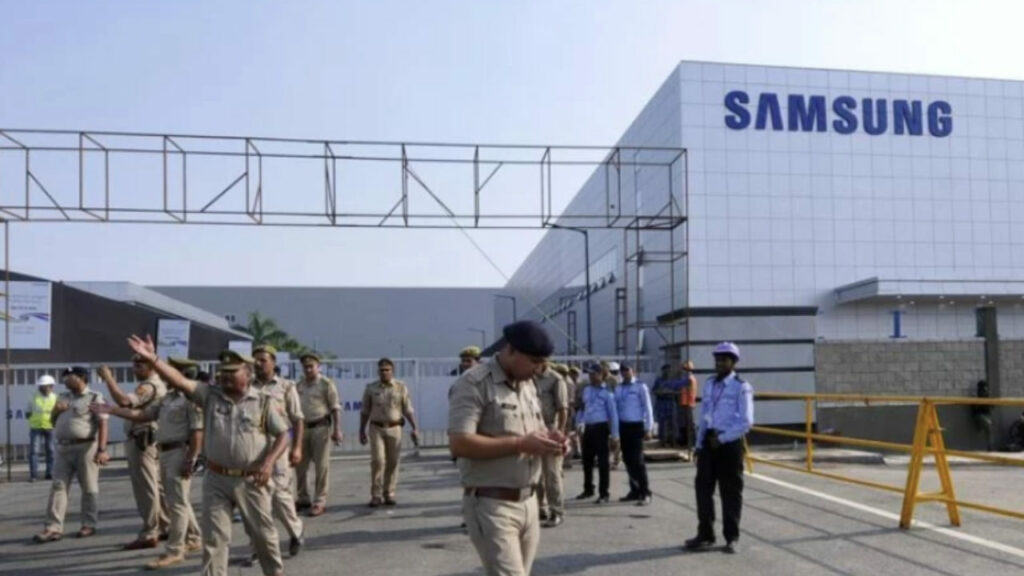In a strange development, the South Korean multinational manufacturing conglomerate, Samsung Group has gone back to a six-day workweek for some of its employees in lieu of economic challenges.

How Did This Happen?
The decision by this suwon south korea headquartered company is going to majorly impact most of Samsung’s technology divisions.
The announcement of this initiative implies a major shift in the company’s work policy as they are enforcing a rigorous six-day work schedule for its executives.
After the much hyped 4 days work week in some of the companies, the departure from the trend of shorter workweeks signals economic challenges faced by the company.
It appears that Samsung is planning to implement the six-day workweek very soon as per the media report.
This will start with some executives which are expected to start the extended schedule as early as this week.
Why Would This Happen?
The decision to start working 6 days a week by Samsung comes as a response to various economic pressures.
Some of them include rising oil prices, increased borrowing costs, and the devaluation of the South Korean won.
The decision was influenced by the underwhelming performance of major units in the previous year, said a senior executive at Samsung Group while talking on this subject.
Further, the tech giant aims to instill a sense of urgency among its executives by urging them to work together to navigate through the current crisis.
As mentioned earlier, this change of six-day workweek will initially apply to most of Samsung’s technology divisions.
The company plans to extend it to the financial services sectors in the near future.
It is noteworthy here that certain executives have already been voluntarily following a six-day work schedule since the beginning of the year.
But, this latest move makes it mandatory for a broader group of executives.
It appears that the executives at Samsung Electronics will have the option to choose between working on Saturdays or Sundays, under this new arrangement.
Notably, the employees below the executive level will continue to work with the conventional five-day workweek.
Interestingly, the decision by Samsung comes at a time when employees have a growing interest in remote work options.
This decision to enforce a six-day workweek for its executives indicated the company’s efforts to adapt to the current economic challenges while maintaining a competitive edge in the market.
Although, it would be interesting to see how this change will impact the company’s performance and employee satisfaction in the long run.











